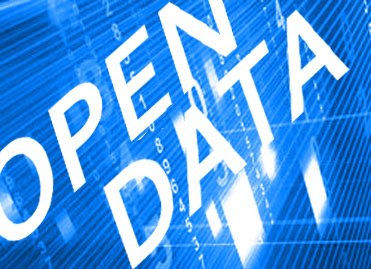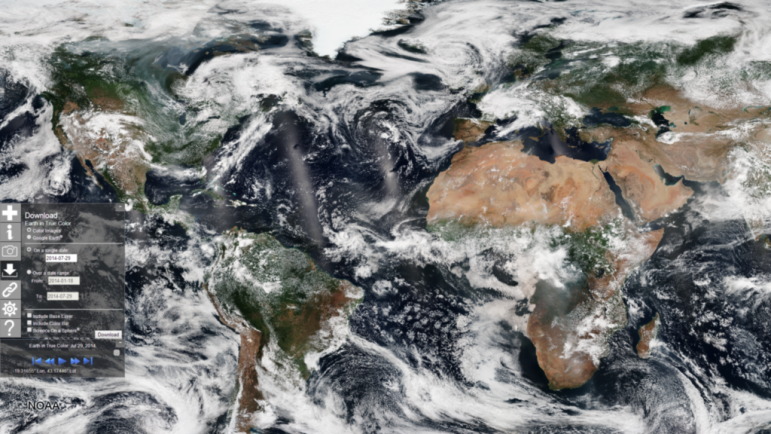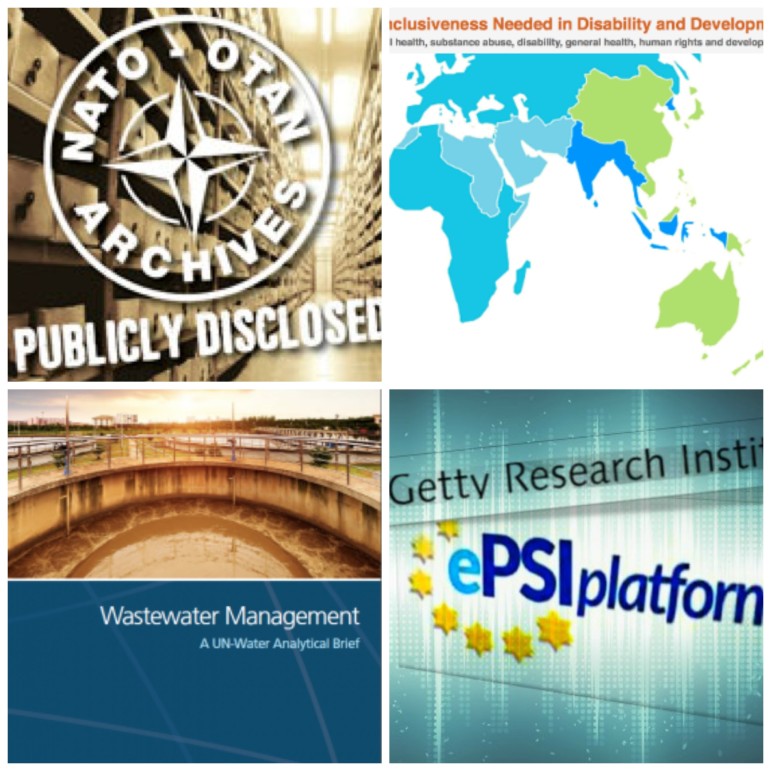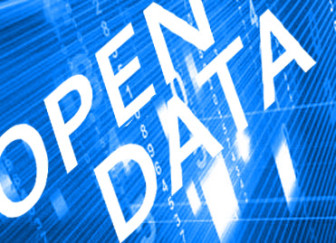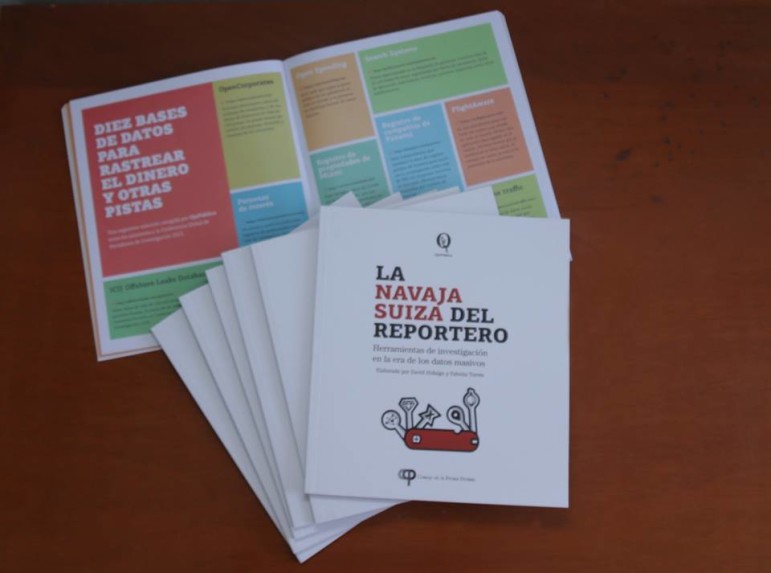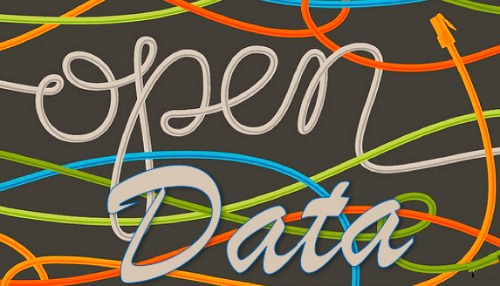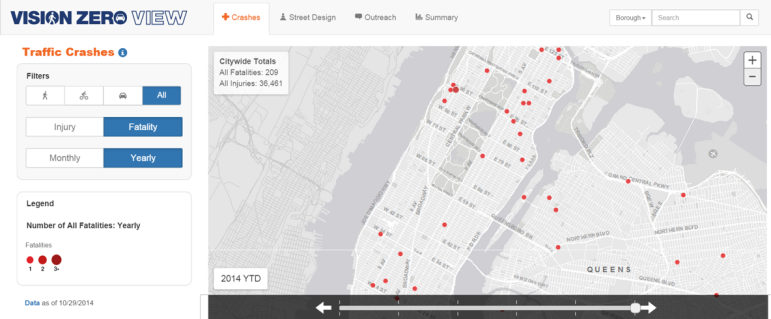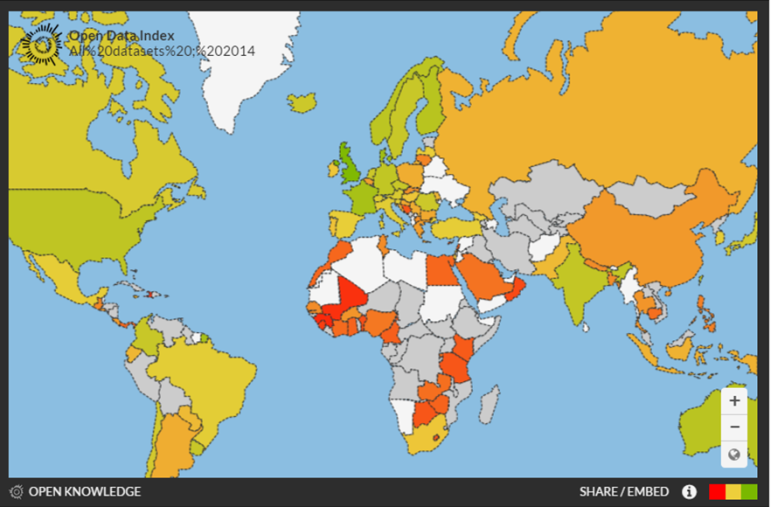Lots of cities are publishing open data in vast online catalogs that remain under-utilized. The reasons are pretty basic. It’s all about language. IT professionals have their own lingo and even though many IT words are now part of the vernacular, folks outside of IT don’t find conversations about data lineage, metadata, PDF-scraping, and hackathons all that interesting. And the apps we’re creating aren’t making into the mainstream either. Utilization rates for open data apps remains depressingly low. Few publishers measure how often their open data is used, by whom, for whom, and why. Often, we’re just happy to have anyone take notice and use it even if that anyone is often the same group of devoted developers in a local app competition.
For Open Data to succeed, I think we need to go beyond “data” and start building out programs that use open data in grade schools to educate, in hospitals to heal, with fire and police to protect and serve, and with designers, artists, actors, and writers to inspire. Open data are archival records of human activity stored in bits and bytes. We need to move beyond operational and transnational data and apps to the kinds of purposes that motivate human beings to communicate with each other – face to face, in schools, on stage.
We should be using open data to have artathons, inspiring children, seniors, and professionals to create new digital works of open art that get printed on 3D printers and showcased across our cities in public spaces.
Imagine the possibilities of:
- 3D printers in grade schools helping young students create intricate 3D printed sculptures that ornament bus stops, public plazas, and airport terminals
- A 3D lab at an art museum creating vivid tapestries depicting Local History
- Design centers in assisted living homes where civilian service workers can help seniors design 3D printed costumes for local theater productions
- Online open data portals sharing the digital designs and all the replicated copies around the world.
I’m sharing this with you to illustrate that open data can be about far more than just publishing… For most cities, open data remains an artifact of municipal administration; the open expression of public policy.
But I think we are just at the cusp of a global movement in which open data will transform how we interact with each other as human beings and how Government operates and interacts with us, the governed — from the inside out, and the outside in. And it is going to have a huge impact on the world if we can move beyond talking about just the data.
 Steven Adler (@DataGov) is chief information strategist for IBM. He is an expert in data science and an innovator who has developed several billion-dollar-revenue businesses in the areas of data governance, enterprise privacy architectures, and Internet insurance. He has advised governments and large NGOs on open government, data standards, privacy, and systemic risk.
Steven Adler (@DataGov) is chief information strategist for IBM. He is an expert in data science and an innovator who has developed several billion-dollar-revenue businesses in the areas of data governance, enterprise privacy architectures, and Internet insurance. He has advised governments and large NGOs on open government, data standards, privacy, and systemic risk.

